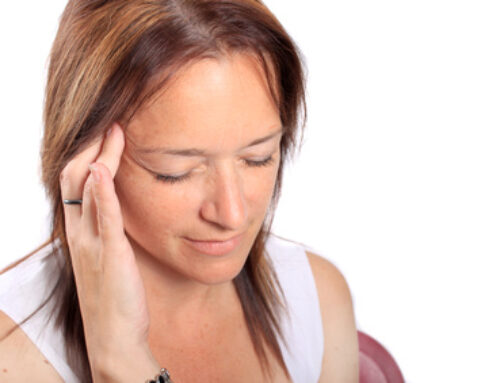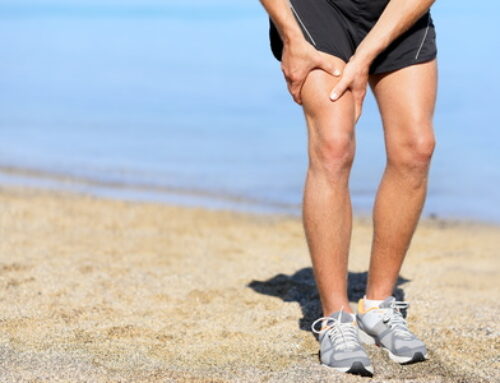Calcium and magnesium are the major minerals in your body. And they are intimately related because they need each other to work properly. If your diet has been low in magnesium your whole life, as it typically is when eating a Western diet, then there will be an imbalance of magnesium and calcium in your body which throws things off.
The Calcitonin hormone that inhibits osteoclast production (osteoclasts tell your body to break down your bones – decreasing bone density) relies on magnesium to function properly. When we lack magnesium, osteoclast activity is too high and causes bone loss. When magnesium levels are adequate, they suppress the calcitonin hormone that tells your body to pull calcium from the bones. When magnesium levels are too low, you lose bone density and osteoporosis eventually develops because more osteoclasts are being produced then should be.
Fundamentally, the Western diet is low in magnesium and high in calcium because Western countries have a high intake of dairy products. The average calcium intake is about 1000 mg. The calcium to magnesium ratios found in milk, yogurt and hard cheeses are 7:1, 11:1, and 26:1 respectively.
Important facts about osteoporosis
Osteoporosis affects an estimated 10 to 28 million Americans over the age of 50.
33 million people, mostly women, are afflicted with low bone density.
Close to 1.2 million bone fractures in the United States each year are related to osteoporosis.
50,000 people die each year from post-fracture complications.
As many as one-fifth of people suffering from osteoporosis end up in nursing homes.
Women are extremely vulnerable to osteoporosis.
At menopause, bone loss can range from 4% to 8%.
A common consequence of osteoporosis is the collapsing of the bones in the spine, called compression fractures – but also known as a “dowager hump.”
Every year 300,000 women suffer hip fractures due to weakened bones from osteoporosis. Within a year approximately one-fifth of those will die. Half of the survivors never fully recover, and eventually require nursing care.
Clearly, osteoporosis is not something to ignore.





Leave A Comment
You must be logged in to post a comment.